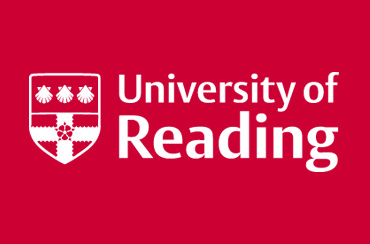University awards for research that touches lives
20 June 2018

Researchers who have sought to inspire the public with their work and bring about positive changes in society have been awarded by the University of Reading.
Prizes in five categories were presented at the University’s Research Engagement and Impact Awards 2018 on 19 June.
The awards, now in their second year, were created to celebrate excellence in public engagement. They reward experts from across the University’s five research themes who have made their work more accessible to non-academic audiences and involved the public.
Full list of category winners:
Inform – Dr Patrick Lewis
Dr Patrick Lewis held a series of events to tell the story of an essay written by James Parkinson 200 years ago, which described Parkinson’s disease for the first time. Little is still known about the disease, and Dr Lewis’ worked with Parkinson’s UK, John Radcliffe hospital and people with Parkinson’s to present lectures, a conference and an exhibition to allow scientists to connect with patients.
Influence – Professor Paul Williams
Pioneering work by Professor Paul Williams has allowed calculations of future air turbulence increases to be made, factoring in the impact of climate change. Clear air turbulence encountered by aeroplane costs the global aviation sector up to $1billion every year, and Professor Williams’ publicly-available forecasts are used by the US National Weather Service, air-traffic controllers and pilots.
Inspire – Dr Sally Lloyd-Evans
Since 2014, Dr Sally Lloyd-Evans has worked alongside residents of Whitley, a relatively deprived area of Reading, to tackle economic and social exclusion. The Whitley Researchers work with Reading Borough Council to engage with schools, young people and parents to raise aspirations and discuss barriers faced by residents.
Involve - Ed Hawkins and Stephen Burt
A citizen science project led by Professor Ed Hawkins and Stephen Burt allowed members of the public to help digitise weather data recorded by Victorian meteorologists at the summit of Ben Nevis in Scotland between 1883 and 1904. The Weather Rescue project recruited more than 3,500 volunteers to help make the data useful for modern-day climate research.
Embark - Sakthivel Vaiyapuri
Bites from venomous snakes kill around 100,000 people every year, including children in remote, rural communities around the world. Work by Dr Sakthivel Vaiyapuri to study the effects of snake venom on blood clotting allowed him to develop treatments for bites that he shared with schools during a number of visits to India. Prevention methods include teaching children to identify venomous snakes and what to do if someone is bitten. Dr Vaiyapuri is also working on extending the reach of his research through TV documentaries.
